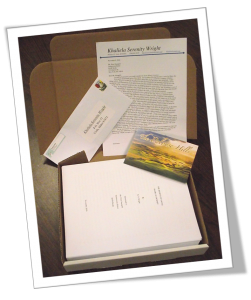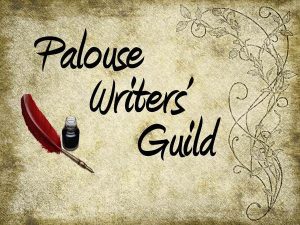 Recently, a number of people have told me that book reviews are a waste of time. One person said, “If you’re not writing, you’re procrastinating.” Another said, “Why waste time promoting someone else’s work when you should be promoting your own?”
Recently, a number of people have told me that book reviews are a waste of time. One person said, “If you’re not writing, you’re procrastinating.” Another said, “Why waste time promoting someone else’s work when you should be promoting your own?”
The answer is really very simple. Book reviews are highly valuable, not just for the one receiving the review, but for the one writing it as well.
Every book a writer reads gives them insight into what’s trending in the market, which aids in determining the commercial potential of their books. Market research is vital for finding a publisher. Many writers finish their books and turn to places like Writers Market, Publishers Marketplace, and Query Tracker, then spam all the editors, agents, and publishers they can find. A more successful approach might be turning to your bookshelf instead. Continue reading

 I’m often asked when my novel will be published or why it isn’t published yet. Many people don’t realize that the writing process is a lot more involved than simply sitting at a keyboard and writing.
I’m often asked when my novel will be published or why it isn’t published yet. Many people don’t realize that the writing process is a lot more involved than simply sitting at a keyboard and writing. I just finished my novel: 112,632 words, 381 pages, 21 chapters, 5 appendices, 3 maps, a calendar, and a family tree. All that’s left to do now is finish my cover letter and mail it off. I have never been so terrified in my entire life. I’m more nervous than when I defended my thesis. Then again, my thesis was only 80 pages long, so maybe anxiety is directly proportional to word count.
I just finished my novel: 112,632 words, 381 pages, 21 chapters, 5 appendices, 3 maps, a calendar, and a family tree. All that’s left to do now is finish my cover letter and mail it off. I have never been so terrified in my entire life. I’m more nervous than when I defended my thesis. Then again, my thesis was only 80 pages long, so maybe anxiety is directly proportional to word count.
 Finding a good writing group can be challenging, especially if you are new to writing and don’t know what to look for. Fortunately, there are a variety of group styles to choose from. No one style is better than the others, what matters is whether it works for its members. Some groups meet weekly, others monthly. There are groups where dedicated writers gather together to work at their craft, others are strictly social gatherings of like-minded individuals.
Finding a good writing group can be challenging, especially if you are new to writing and don’t know what to look for. Fortunately, there are a variety of group styles to choose from. No one style is better than the others, what matters is whether it works for its members. Some groups meet weekly, others monthly. There are groups where dedicated writers gather together to work at their craft, others are strictly social gatherings of like-minded individuals.